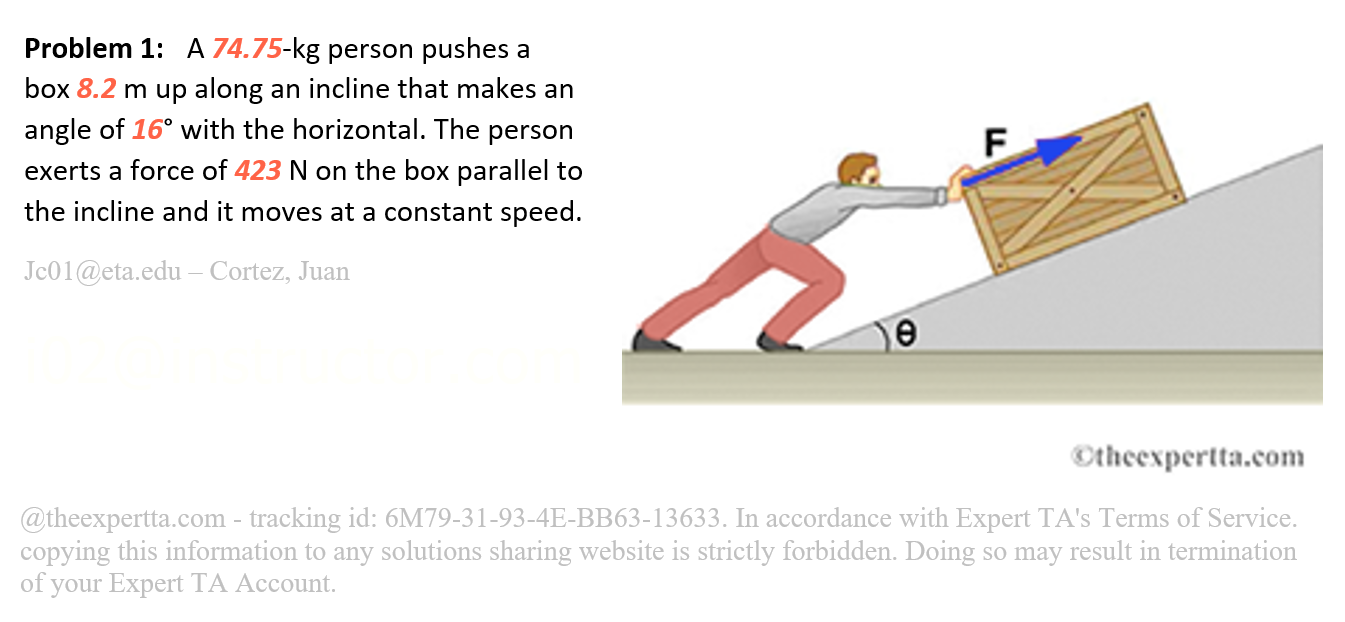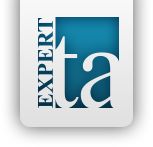Compelling Content Just Keystrokes Away
- Supported Subjects: Expert TA’s broad range of question types allows for support of almost any subject. We have extensive libraries of questions that can be leveraged in Introductory Physics, Astronomy, Biology, and American Government.
- User Friendly Interface: Our authoring tool is driven by a Graphical User Interface; no coding knowledge is required. Floating menus and guided controls means no programming or technical experience is necessary to get started
- Question Types: Instructors can effortlessly author any of the question types available from our problem libraries, regardless of how complex or advanced (see chart below for question types supported by subject).
- Collaboration: Colleagues can combine authoring efforts into shared content collections with full problem history, versioning, preview, and quick-edit mode.
- Enhancements: Built-in features for variable and phrase randomization, plus complete control over the equation entry palette. Add hints, feedback, and partial credit for the most commonly anticipated mistakes.
- Expert TA’s Libraries: Clone and edit from our problem library to personalize the content for your courses (add/remove parts, edit text, add/replace images, etc.).
- Analytics: Instructor problem analytics provide data needed to further evolve your content based on actual student use and trends.
Note: All times Central (CDT)
- Problem Authoring Workshop (Physics) – December 16th, 2021 at 1:00pm: Participants will learn to develop questions using the authoring tool. The workshop will be useful for both new and existing users. Register using the form on the page. A pre-meeting survey will be emailed along with assets used to follow along during the session.
- Problem Authoring Workshop (Astronomy, Biology, American Government) – December 17th, 2021 at 1:00pm: Participants will learn to develop basic question types such as Multiple Choice, T/F, Multiple Select; and will also learn how to easily create engaging Advanced Graphical questions that include Ranking, Sorting, Drag-and-Drop labeling, and Fill-in-the-Blank reading exercises. The workshop will be useful for both new and existing users. Register using the form on the page. A pre-meeting survey will be emailed along with assets used to follow along with during the session.
Supported Question Types
The following problem “types” are supported from within the authoring environment. In fact, users can develop questions for any subject in Expert TA. The authoring interface will allow problems to be scaffolded or multi-step (broken up into parts). Questions can also include more than one image when appropriate or needed.
- Review & Thought: Short/Long Essays – not computer graded
- Conceptual: Multiple Choice/Select, Conceptual, Test Banks, True/False, Image Based Multiple-Choice/Select
- Symbolic Expression: Symbolic Equation Input or Expression Entry
- Numeric: Numeric/Algorithmic Calculation with the possibility for answers based on randomized numbers
- Advanced Graphical: These include: Matching, Labeling, Ranking, Sorting, Fill-in-the-Blank, FBD Drawing, etc. Draggable items can be images which allows for immersive questions.
- Simulation: Questions based on PhET or Expert TA-generated Simulations. While you cannot yet construct simulations in Expert TA, you can base questions on existing simulations.
Enhancing your Content

Versioning: Our authoring tool has advanced “versioning” which provides a saved history of changes along with the ability to revert to different saved versions seamlessly at any given time.
Randomization: Implement randomized variables and phrases into your problems to help deter cheating and to keep your content fresh.
Analytics: Analyze your students’ experience with your assigned course content in Expert TA to gain a deeper understanding of the educational concepts that students struggle with the most.
Randomization Lookup Tool: Save yourself hours of submission reports to Chegg by using our Randomized Variable & Phrases lookup tool. This easily accessible tool allows instructors to match up any combination of randomization used on a given problem to identify when a student posts a problem to an answer-sharing website without permission.

Engaging Questions

Engaging questions have students working in a drag-and-drop capacity, where application of a concept and critical thinking are important. Rote memorization is good for some types of assessment, but having an array of questions that tackle the range of assessment modes possible (practice, homework, quizzes, and exams) is our ultimate goal for each subject.
More About our Libraries
Cloning content from one of our libraries can be a good starting place to making the experience for your students feel more personal to your course or teaching style. Learn more about our subjects and associated problem libraries below:
Physics Independent Library will soon surpass 5,000 total questions. Developed by active faculty, the Expert TA Physics problems are meant to work well with any textbook. Traditional questions where students are working in a problem-solving approach, inputting symbolic answers and numeric responses, are a critical part of the Expert TA’s library. Our content team is using our latest problem-authoring technology to build questions where students work interactively by dragging items or images into place. These construction-based questions give instructors the most versatile introductory physics content collection on the market.
